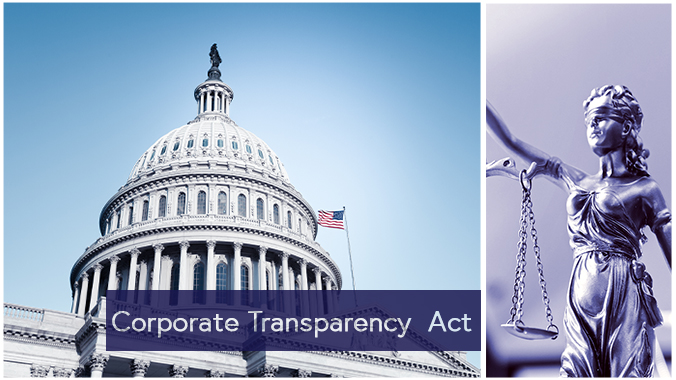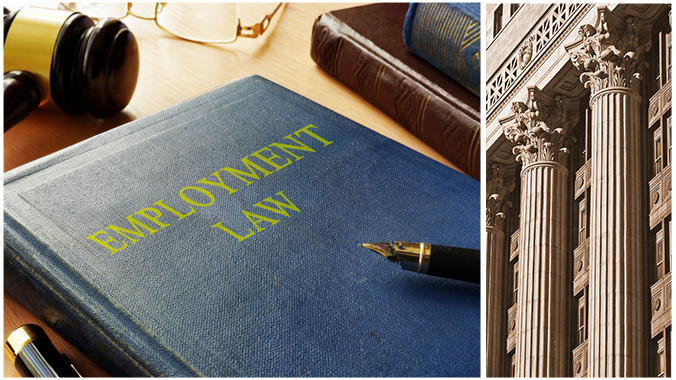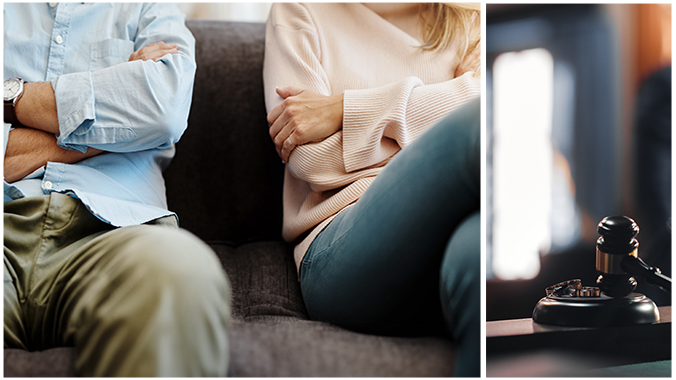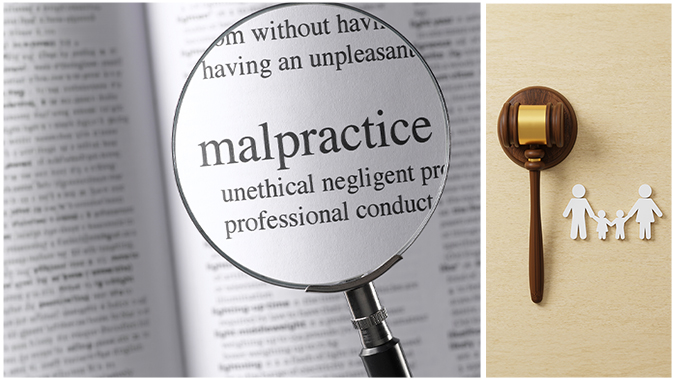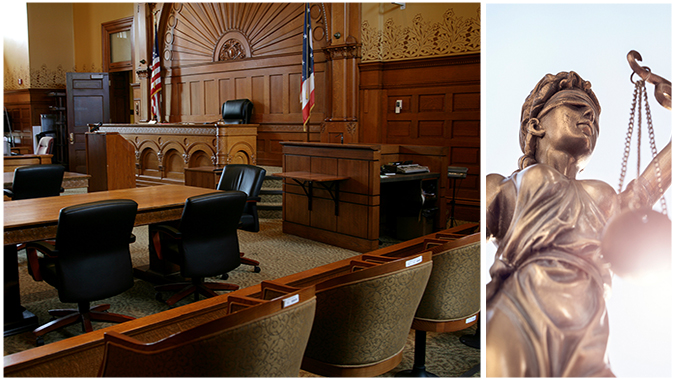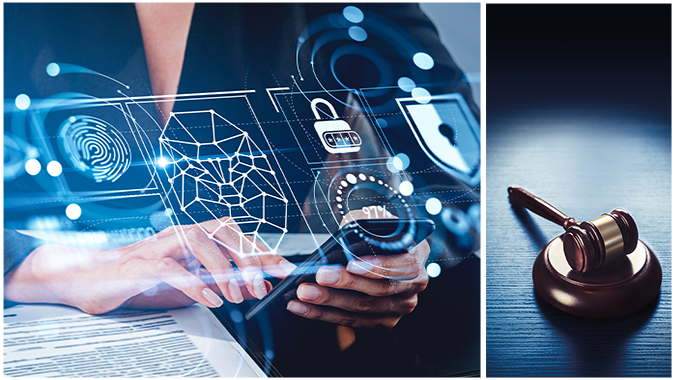Best Practices to Get Your Evidence Admitted
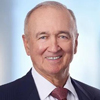
Dan Shulman has been a practicing trial lawyer for more than 50 years. In 2020, after 50 years of private firm practice, he became a Staff Attorney for the American Civil Liberties Union of Minnesota and took a position as Of Counsel with his son’s Minneapolis law firm Shulman & Buske PLLC.
On-Demand: January 6, 2023
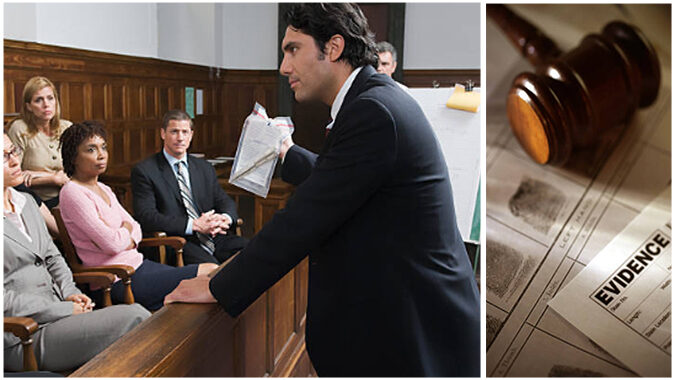
$195.00 2 hour CLE
MCLE Credit Information:
Select Your State Below to View CLE Credit Information
Can't Decide Which CLE Program?
Access All
Federal Bar Association Programs
Co-Sponsored by myLawCLE
Only
$395yr
Annual Subscription includes access to:
- 500+ Live CLE Webinars
- National Hot Legal Topics
- New Laws and Regulations
- State Specific Programs
- All Formats: Live, Replay, & On-Demand
Training 5 or more people?
Sign-up for a law firm subscription plan and each attorney in the firm receives free access to all CLE Programs
Program Summary
Join attorney Daniel Shulman in this presentation as he provides you with detail information on how to create effective arguments for admissibility, he will also be discussing topics such as pretrial preparation, mastering the rules of evidence, the Hearsay rule, and much more.
This course is co-sponsored with myLawCLE.
Key topics to be discussed:
- Pretrial Preparation to Ensure Admissibility
- Mastering the Rules of Evidence
- The Hearsay Rule
- Experts
- Responding to Objections
Date / Time: January 6, 2023
![]() Closed-captioning available
Closed-captioning available
Speakers
 Daniel R. Shulman | Shulman & Buske PLLC
Daniel R. Shulman | Shulman & Buske PLLC
Dan Shulman has been a practicing trial lawyer for more than 50 years. In 2020, after 50 years of private firm practice, he became a Staff Attorney for the American Civil Liberties Union of Minnesota and took a position as Of Counsel with his son’s Minneapolis law firm Shulman & Buske PLLC. He specializes in complex commercial and civil rights litigation. He was admitted to practice in Minnesota in 1970 and has tried lawsuits in state and federal courts in Minnesota and numerous other states. He is a member of the International Academy of Trial Lawyers and the American College of Trial Lawyers.
He is also a Fellow Emeritus of the Litigation Counsel of America. He was named a Minnesota Lawyer of the Year for 2012 and 2018.
In 2021-22, he was included in The Best Lawyers in America in the categories of Antitrust Law, Bet-the-Company Litigation, and Commercial Litigation.
He obtained a Bachelor of Arts degree cum laude from Harvard College (1965), a Master’s Degree in English Literature from Yale University (1967), and a Juris Doctor degree with honors from Harvard Law School (1970).
Agenda
I. Pretrial Preparation to Ensure Admissibility | 2:00pm – 2:20pm
- Authenticating evidence before trial
- Means of authentication
- Interrogatories
- Requests for admission
- Depositions: adverse parties
- Depositions: non-adverse, 3d party business records
- Stipulations
- Document control
II. Mastering the Rules of Evidence | 2:20pm – 2:40pm
- Competency to Testify
- Foundation
- Relevance
- Unfair Prejudice
- Privilege
- Framing Questions for Admissibility
III. The Hearsay Rule | 2:40pm – 3:00pm
- The Rule Against Hearsay
- Non-Hearsay
- Documents
- Business Records
- A Safety Valve
- Other R. 803 Hearsay Exceptions
- Hearsay: Depos V. Trial
Break | 3:00pm – 3:10pm
IV. Experts | 3:10pm – 3:40pm
- Making Effective Use of Experts
- Admissibility Requirements
- Takeaway from Rule 702
- Daubert & Kumho Tire
- What Daubert Says I
- What Daubert Says II
- What Kumho Tire Says
- Establishing Competency and Qualifications
- Trial Examination on Qualifications
- Verifying an Expert’s Methodologies
- Expert Direct at Trial I
- Expert Direct at Trial II
V. Responding to Objections | 3:40pm – 4:10pm
- Offers of Proof
- Objections to Form of Questions
- Competency
- Irrelevant
- Unfair Prejudice
- Privilege
- Character Evidence
- Hearsay I
- Hearsay II
- Hearsay III
- Lack of Authentication
- Lack of Personal Knowledge, Foundation
- Improper Opinion
- Sidebars, Bench Conferences

